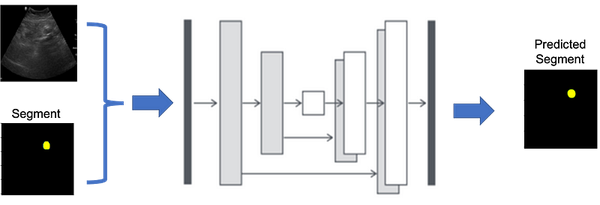Protect Your Images Copyright From Research Publications
Protect Your Images Copyright From Research Publications

A few days ago, I attended the Brainhack Nordic event where Professor Melanie, from the Department of Computer Science at the University of Copenhagen, shared an incredible technique for protecting our images from research publications (such as Elsevier and Springer). She referred to the slides of Dr Cyril Pernet, Please download the slides from this github repo: https://github.com/CPernet/ReproducibleQuantitativeDataScience
Basically, when you submit a paper for publication, you grant the publication all rights to use the images, and in return, you lose control over those images. As a researcher, it can be frustrating to have to seek permission or even pay to use your own images when submitting another paper to a journal. Additionally, it’s important to note that creating these graphics can often take hours of work and it really does not make sense to loose right to reuse it in another journal. So what is the technique ? Lets start:
Lets take an example of a paper (shown in Figure 1) due to copyright issues, I can’t share the screenshot of images in paper here, but I will try to convey complete information.
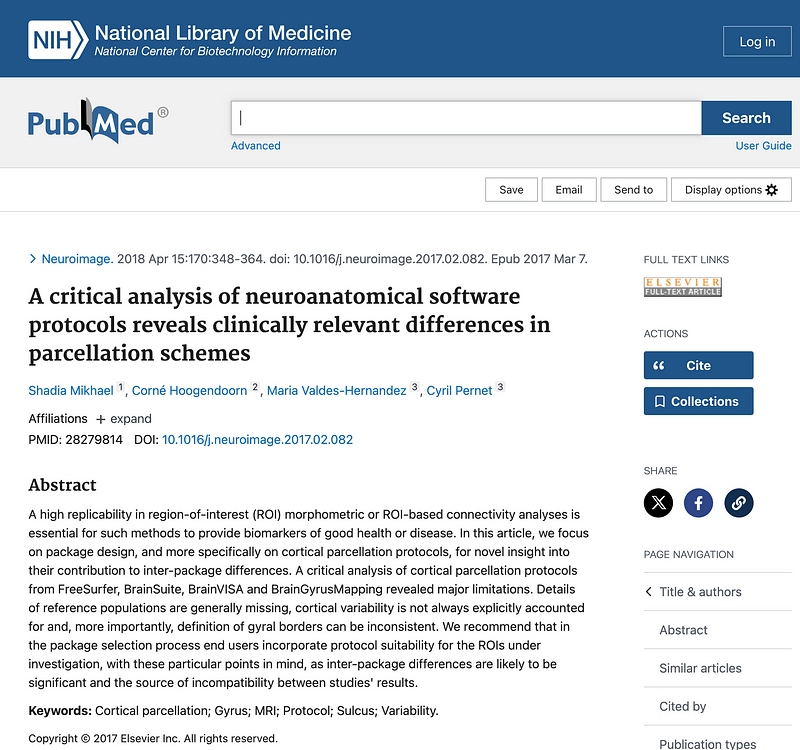
In this paper (as shown below), the author has given a reference of his own figure (highlighted with red).

So what exactly happened here?
The author first uploaded his image in a digital repository (a website named Zenedo) and got the license (CC BY) and DOI (Digital Object Identifier)
A DOI, or Digital Object Identifier, is a unique identifier for an image or document on the internet, and its uniqueness lies in its inability to be duplicated.
By using a CC BY (Creative Commons Attribution) for your image, you can freely use, and share it, even for commercial purposes, as long as you give proper reference.
Let’s see the process 4 steps :
Step 1.Visit the Zenodo website at https://zenodo.org/ and sign up. After signing up, you will be taken to a screen similar to this one. Click on ‘New upload,’ as shown in Image 3.

Step 2: Now your screen will appear as shown in Image 4. Here, you need to upload your image(s) and answer ‘No’ to the question, ‘Do you already have a DOI for this upload?’ This is because we are here to obtain the DOI and license.
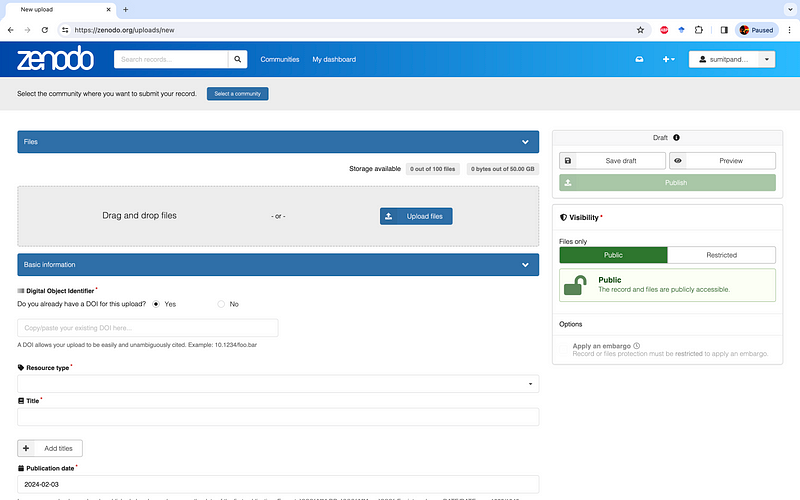
Step 3: After uploading the image, simply fill in your name and other required details. You will notice that the license is already set to CC BY (Creative Commons License Attribution), as shown in Image 5
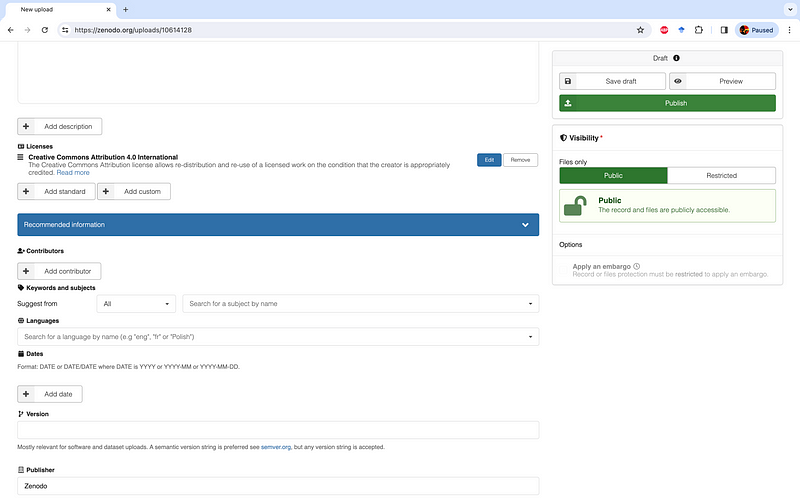
Step 4: Now just click on publish (see Image 6)

After you click on ‘Publish’ you will immediately see a screen like this (see image 7). On the right corner you will see DOI for your image DOI.
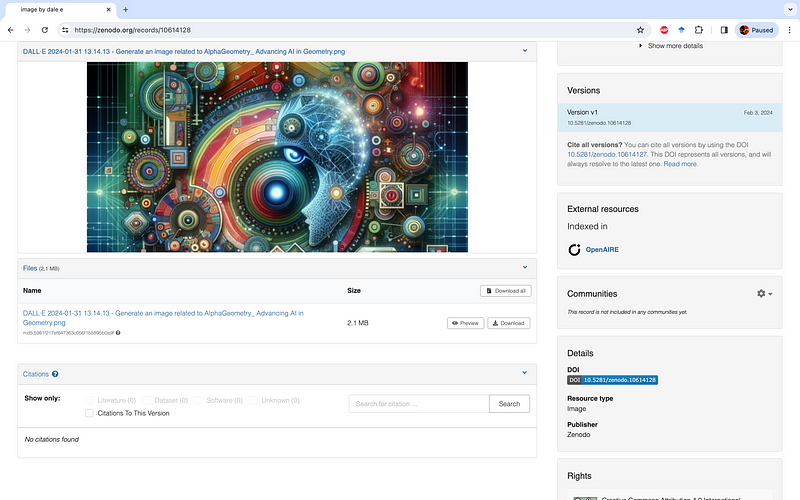
By using this technique you allow publisher to use the images commercially and yourself to resue images in another article. I hope this article is helpful and can save your images from publisher’s copyright.
Please Note: I have learned this information from the slides for Dr Cyril Pernet, and you can learn everything about this from this github repo.
Happy Learning 😃


